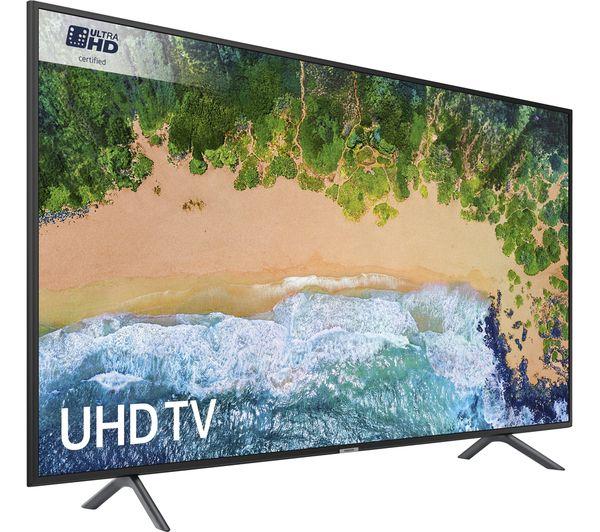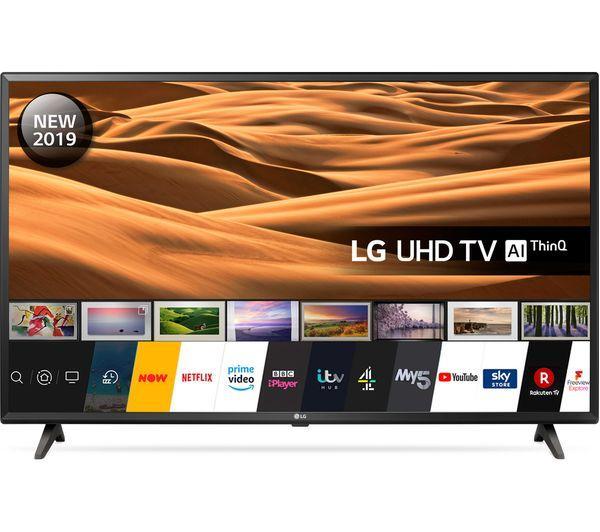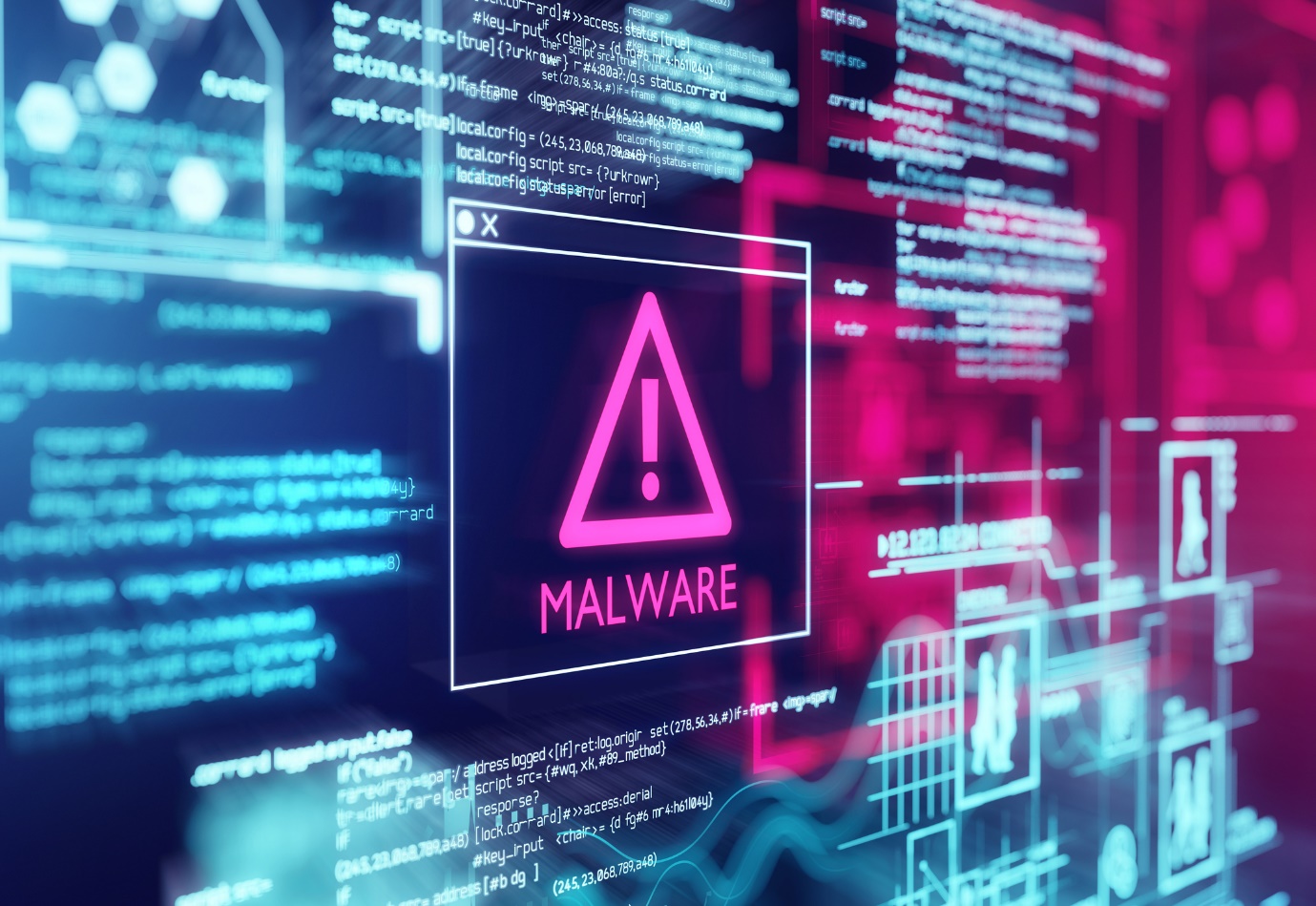Smart TVs are everywhere these days and continuing to grow in popularity. Chances are you have a smart TV (or several) in your home. They have similar capabilities to that of mobile phones and computers, in that they can use the internet to provide countless hours of entertainment through apps, streaming, games, social media and more.
But if you own a smartphone or computer, you’re no doubt aware that antivirus software is recommended. It helps to prevent malicious viruses from infecting your device, stealing your data or causing problems. So, that begs the question, does your smart TV also need antivirus software to prevent these kinds of cyber-attacks?
It’s an interesting question, do you need to be concerned about viruses on your smart TV? Let’s find out.
How Do Viruses Work?
First, let’s take a look at what we’re up against when it comes to viruses. They actually work very similarly to real-life viruses, in that they spread from person to person or machine to machine to infect as many hosts as possible. And computer viruses can have devastating effects. They can steal your data which can be used to drain bank accounts, or simply break the machine they infect.
Viruses are pieces of software that can attach themselves to programs, and when that program is run, the virus runs too, allowing it to multiply and attach to other programs. It can also spread through the likes of email attachments. Once a virus is running, it can affect other programs and documents and spread out to infect many more machines.
Can Smart TVs Get Viruses?
The internet plays a huge role in how viruses are spread, with billions of connected devices creating the opportunity for programs and documents to find their way from one device to another. So if your smart TV can connect to the internet just like a computer, does that mean it’s also vulnerable to viruses?
A smart TV runs on an operating system the same as a computer or mobile, usually OS, WebOS or Android. This allows smart TVs to download apps and stream programming, but no operating system is completely immune.
Security flaws have been identified in the past, as was the case back in 2017with Samsung’s Tizen system. This vulnerability would allow a person to control your TV from afar, changing channels or playing some unwanted content. However, these vulnerabilities would not allow them to spy on you or steal information.
Malware and malicious software designed to attack flaws in smart TVs does exist, but it’s not very common because your TV stores very little personal information. For that reason, they’re of very little value to would-be attackers – so the chance of your TV getting infected is tiny.

Should You Scan Your Smart TV for Viruses?
So, should you be scanning your smart TV for viruses like you would your computer? In a now-deleted Tweet, Samsung played on these concerns by recommending its TV owners run regular virus scans every few weeks to prevent malicious software attacks.
The fact that the Tweet has since been deleted suggests that it was only being posted as a caution to customers. There have since been no further calls by Samsung or any other tech companies making this recommendation.
Some manufacturers help to reduce the risk of possible virus infection by limiting what users can download on their TV. LG and Samsung, for example, use closed networks, so users can only download software from the official app store, rather than being able to download anything from the internet. Apps are vetted for security reasons, so any app available on the app store should be safe to download.
As for running scans, Samsung has partnered with McAfee and has a virus scanner built into their TVs. But the general recommendation is that you don’t need to perform regular scans if you stick to downloading apps from the TV itself. If you try to install anything to your TV from a USB, it may be worth running a scan, just to be on the safe side. If your TV doesn’t have a virus scan feature, you could try scanning your USB device on a computer before connecting it to your TV.

Ultimately, the risk is very minimal provided you’re using your smart TV in a safe and savvy way, as you would your mobile or computer. If you’re looking to purchase our secure cheap LED TVs, QLED TVs or cheap 3D TVs, we have a wide range of devices to choose from. Browse our range online today or contact us for information.


 My Cart -
My Cart - 






